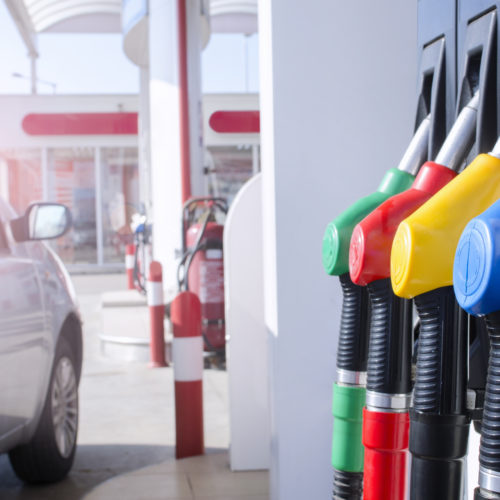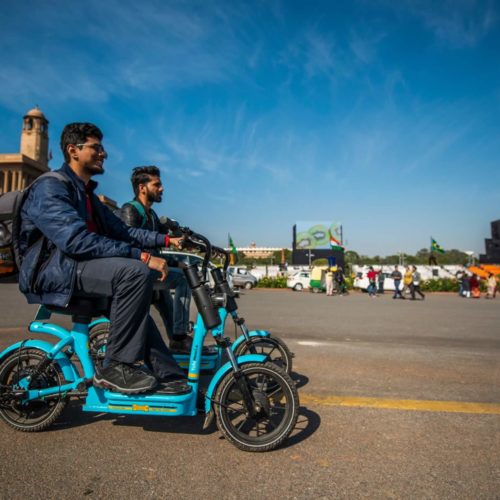Isha is an Senior Associate with RMI India. She works on mobility projects and contributes to the organisation’s editorial vertical.
Background
Prior to RMI India, she was working on projects improving energy planning of UK social housing, developing bus rapid transit in China and designing a net-zero energy building for the US Department of Energy Solar Decathlon as part of her integrated masters on sustainable infrastructure. She has completed internships supporting sustainable finance in Africa and resource-efficient agriculture in Brazil during the course of her studies.
Education
Master of Engineering in Civil Engineering (International Programme) from University College London
Key awards
Received international recognition for volunteering on youth and student engagement at various NGOs including Engineers Without Borders
Location
New Delhi, India
Authored Works
Outlet Blog Post
Pursuing low-carbon development is central to India’s Paris Agreement climate goals. In this pursuit, net-zero energy buildings (NZEBs) and electric vehicles (EVs) are the two high-leverage areas. The ability to deliver vast emission reductions across rural and urban settings has brought NZEBs and EVs to the centre of the climate…
Outlet Blog Post
Goods movement is an integral part of the urban economy. The rising urban population and the growth of sectors such as e-commerce, construction, and manufacturing have made logistics vehicles ubiquitous in our cities. With this, logistics vehicles’ impacts on urban liveability are becoming more pronounced. Chiefly, urban freight vehicles are…
Outlet Blog Post
This article was originally published in the EMobility+ magazine (page 42-43). Over the last two months, India’s second wave of COVID-19 has brought urban areas to a standstill. The public health and socioeconomic impacts of the lockdown have been devastating for families across the country. Now, as we slowly…
Outlet Blog Post
Finance as a Barrier to EV Adoption If you are looking to buy an electric vehicle (EV) for your business or personal use, you may be surprised to find that the interest rate on the loan for the EV will likely be higher than a comparable diesel- or petrol-powered vehicle.
Outlet Blog Post
The Government of India has been taking various steps to drive the adoption of electric vehicles (EVs) in India for the past few years. However, the sales of electric cars in the country continue to be very low—only around 3,500 a year—as compared to those of conventional internal combustion engine…
Outlet Blog Post
This article was co-authored by Samhita Shiledar, Rocky Mountain Institute. It was originally published on CNBCTV18.com. The benefits of electrifying urban freight are substantial and growing every year. A robust public-private partnership has the potential to create a roadmap to improve this uptake of EVs further.






